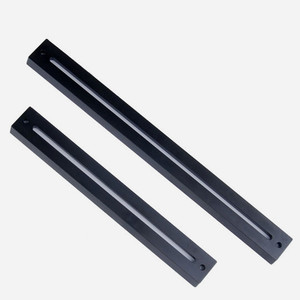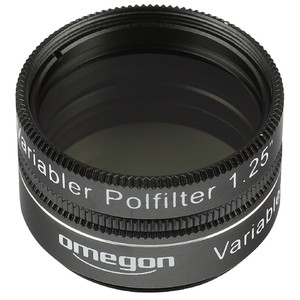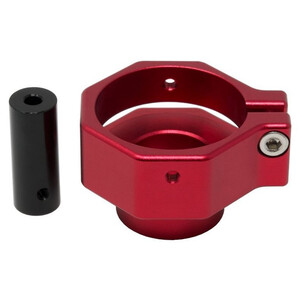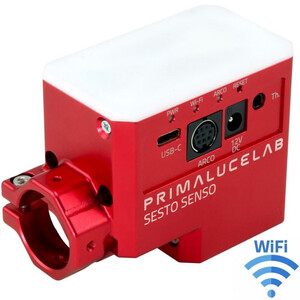QHY5III568M/C is a back-illuminated planetary & guiding camera of the latest 5III V2 series. It utilizes a global shutter, and supports true hardware binning. It can reach a super-high speed at about 304fps with nearly 1080p resolution.
BSI, back-illuminated CMOS structure:
One benefit of the back-illuminated CMOS structure is improved sensitivity. In a typical front-illuminated sensor, photons from the target entering the photosensitive layer of the sensor must first pass through the metal wiring that is embedded just above the photosensitive layer. The wiring structure reflects some of the photons and reduces the efficiency of the sensor.
In the back- illuminated sensor the light is allowed to enter the photosensitive surface from the reverse side. In this case the sensor’s embedded wiring structure is below the photosensitive layer. As a result, more incoming photons strike the photosensitive layer and more electrons are generated and captured in the pixel well. This ratio of photon to electron production is called quantum efficiency. The higher the quantum efficiency the more efficient the sensor is at converting photons to electrons and hence the more sensitive the sensor is to capturing an image of something dim.
Global Shutter:
Unlike the rolling shutter technology used in most CMOS cameras, a global shutter guarantees that the exposure time for the whole image area is uniform, beginning and ending at exactly the same time. This type of shutter is ideal for high precision applications. For high speed moving object and the atmospheric agitation the global shutter can generate undisborted imaging and realizes high picture quality.
Hardware Binning:
Unlike Most CMOS cameras, the camera supports charge-domain binning (FD Binning), which is the true hardware pixel binning similar to CCD cameras.In the past, only CCD sensors were capable of hardware binning. Most CMOS cameras used digital binning, which relied on algorithms for binning. The disadvantage of this binning method (using 2*2 binning as an example) is that while the signal is amplified by 4 times, it also introduces twice the amount of noise, resulting in only a doubling of the signal-to-noise ratio, and then frame rate can not be improved. In contrast, hardware binning does not amplify additional noise, resulting in a direct 4-fold improvement in the signal-to-noise ratio. What’s more, the frame rate can increase a lot even the ROI function is not activited.
ROI framerate
- 1920X1080: @8Bit 115.6fps, @16Bit 62.1fps
- 800X600: @8Bit 187.2fps, @16Bit 100.5fps
- 480X480: @8Bit 221.2fps, @16Bit 118.5fps
- 1236X1032: @8Bit 304fps, @16Bit 152fps
- 800X600: @8Bit 439.6fps, @16Bit 221.9fps
- 480X480: @8Bit 519.6fps @16Bit 262.8fps
Colour or mono? Black and white cameras have the advantage of higher sensitivity and resolution than colour cameras. However, more effort is required to obtain a colour image. You also need colour filters and a filter wheel






